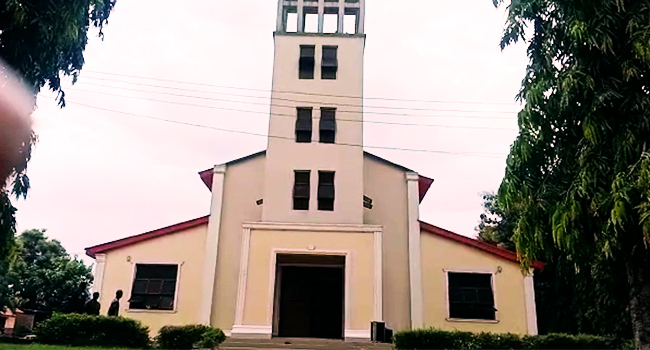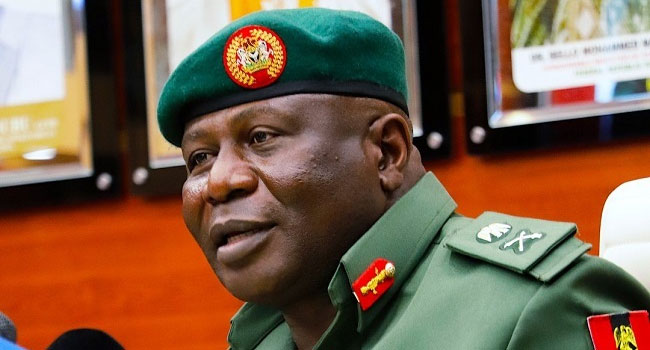National security Council has said the Islamic State, West African Province (ISWAP) is responsible for the attack on St. Francis Catholic Church, Owo, that led to the death of about 38 persons on June 5.
The Minister of Interior, Rauf Aregbesola, said this on Thursday while briefing State House Correspondents after the National Security Council meeting in Abuja.
He disclosed that security agencies, particularly the police, have been directed to apprehend the perpetrators.
The Minister said the attack has no ethnic-religious connection, affirming that the group’s activity has nothing to do with religion.
The council, according to him, is also concerned about killings in the name of blasphemy and has directed the security agencies to go after perpetrators of the incidents that occurred in Sokoto State and Abuja recently.
In a related development the Inspector General of Police, Usman Alkali Baba equally noted the imprints of the perpetrators of the Owo killings have been identified and although no arrests have been made, security agencies are now zeroing in on them.
The meeting, which was presided over by President Muhammadu Buhari, was held less than a week after scores of persons were killed in the attack and several others wounded.
Meanwhile Governor Rotimi Akeredolu of Ondo State said 40 persons died in the incident while 26 survivors have been discharged from hospitals in the area.
“The figure I have now shows that 127 persons were involved and that the number of death now is 40.
On admission receiving treatment, we have 61. Twenty-six have been discharged,” he said on Wednesday when he hosted Catholic Bishops from the South-West led by Most Reverend Leke Abegunrin.
“Those are the figures we have now from the Commissioner for Health. So, the government is not hiding anything.”



